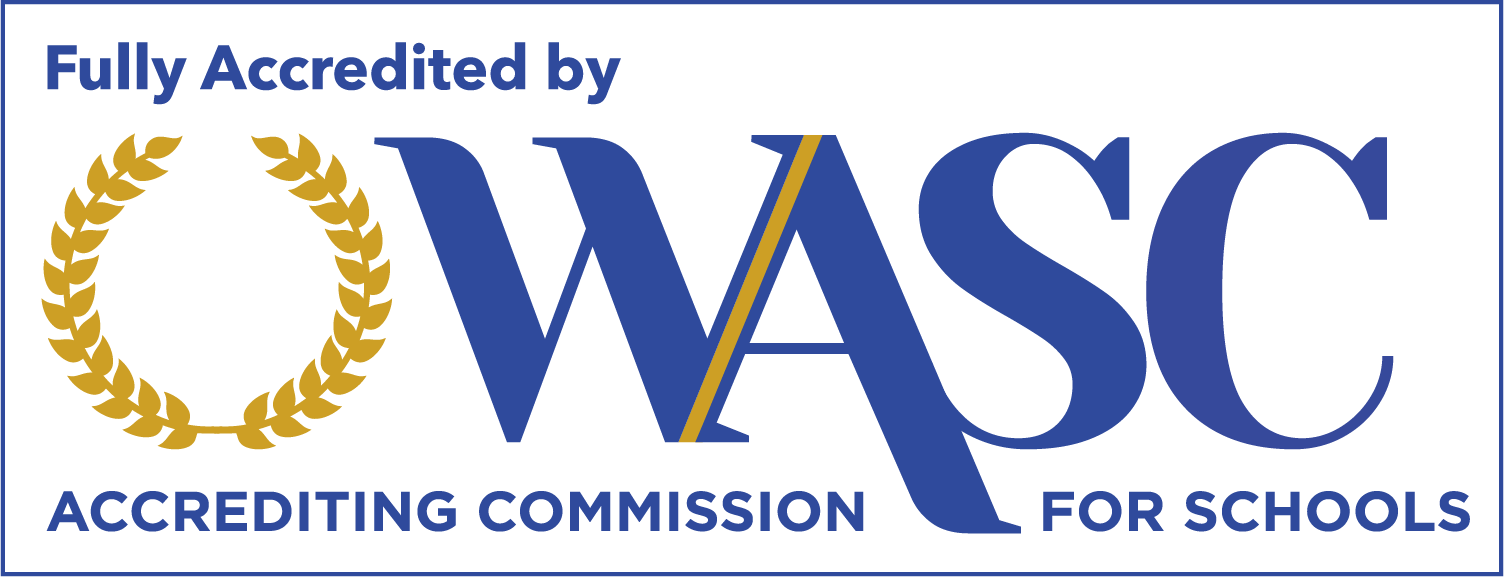Executive Function Skills and Why They Are Important
Executive Function and self-regulation skills lead to lifelong benefits. These skills are essential for learning and development and enable positive behaviors that help us make healthy choices for ourselves and others. Executive Function skills involve crucial cognitive abilities, such as working memory, self-control, and flexible thinking, that can affect how children succeed in school. Students with learning disabilities, such as dyslexia, may need additional support when developing their Executive Function skills.
What are Executive Function skills?
Executive Function skills are the cognitive processes that fuel goal-oriented learning. As defined by Harvard’s Center on a Developing Child, these skills enable us to successfully plan, remember instructions, focus attention, and multitask. These skills are utilized from a very young age, as children experience new things and develop as children mature. Focusing, planning, memorization, and multitasking are all parts of Executive Function skills. When worked early in childhood, certain activities and practices can help children advance these skills. Some children will need more guidance from their parents, teachers, or other support systems. It is essential to remember that not everyone will advance at the same rate, and children with dyslexia can find these skills a bit harder to master.
Why does Executive Function matter?
Executive Function skills are used all the time in and outside of school. They comprise processes crucial for one’s working memory, mental flexibility, and self-control. Working memory is vital for decision-making and reasoning, allowing one to retain new information and use what is learned. Self-control is essential when prioritizing tasks and working through the impulse to choose or do something unproductive at that time. Mental flexibility is the ability to focus on a particular job and then change focus depending on the situation and environment. Executive Function’s other skills are organizing, planning, prioritizing, paying attention, starting tasks, and completing them. Since Executive Function skills are required, children who struggle with these skills can experience difficulties with their academic performance and outside school.
How do parents and teachers help develop Executive Function skills in children?
Providing support to build Executive Function skills at home or school is an important responsibility. Children with dyslexia face significant challenges in honing these skills. Providing appropriate support can make a considerable difference. Adults can help develop a child’s Executive Function skills by modeling social behavior, introducing strategies, establishing routines, and creating/maintaining loyal relationships. If your child’s development of Executive Function skills seems delayed, ask yourself these questions:
- Can they complete tasks efficiently?
- Are they able to filter outside distractions by themselves?
- Can they regulate their emotions at a reasonable level?
- Can they identify what needs to be done?
- Do they have difficulty taking suggestions or feedback from others?
- Do they have issues maintaining their attention?
These questions can help a teacher or parent slightly alter or adapt activities to that child’s strengths or weaknesses. It is also vital for children to exercise their developing skills on their own through play and social interactions. Since time management is best learned at a young age, establishing routines is a common strategy that helps children maintain inner time clocks and remember things that need to be done. Organizers are also beneficial when managing one’s schedule. Calendars, to-do lists, and checklists provide visuals to remind children of their responsibilities and can display deadlines or the time allocated for an activity. By enforcing routines and practices that help develop a child’s Executive Function skills, teachers and parents actively encourage children to learn from their successes and challenges.




